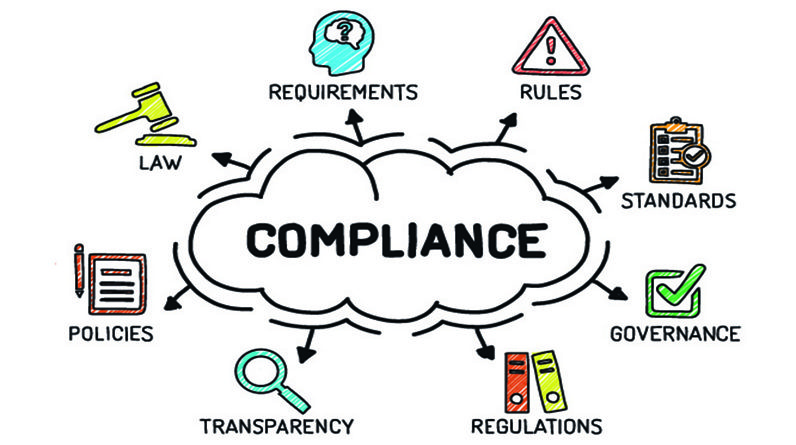A new fact sheet titled “Wearables in the Workplace: The Use of Wearables and Other Monitoring Technology Under Federal Employment Discrimination Laws,” released by the US Equal Employment Opportunity Commission (EEOC) addresses use of wearable technologies in the nation’s workplaces. These technologies can be used to track various physical factors, such as an employee’s location, heart rate, electrical brain activity, or fatigue. The new fact sheet reminds employers that employment discrimination laws apply to the collection and use of information from wearables. It also addresses the need for employers to provide reasonable accommodations related to wearables. Employer-mandated wearables, such as watches, rings, glasses, or helmets which collect information about a worker’s health and biometric data may be conducting a “medical examination” as defined by the Americans with Disabilities Act (ADA). If the wearables require employees to provide health information (including in the setting up of the device), the employer may be making “disability-related inquiries.” The ADA limits the use of medical examinations or disability-related inquiries by employers and also requires employers to safeguard medical records.






